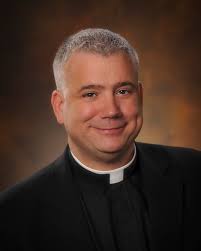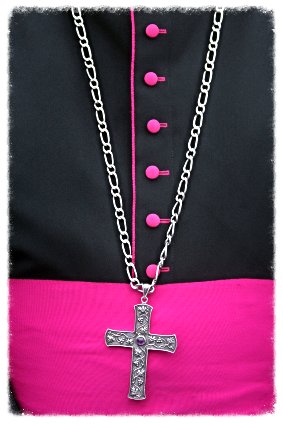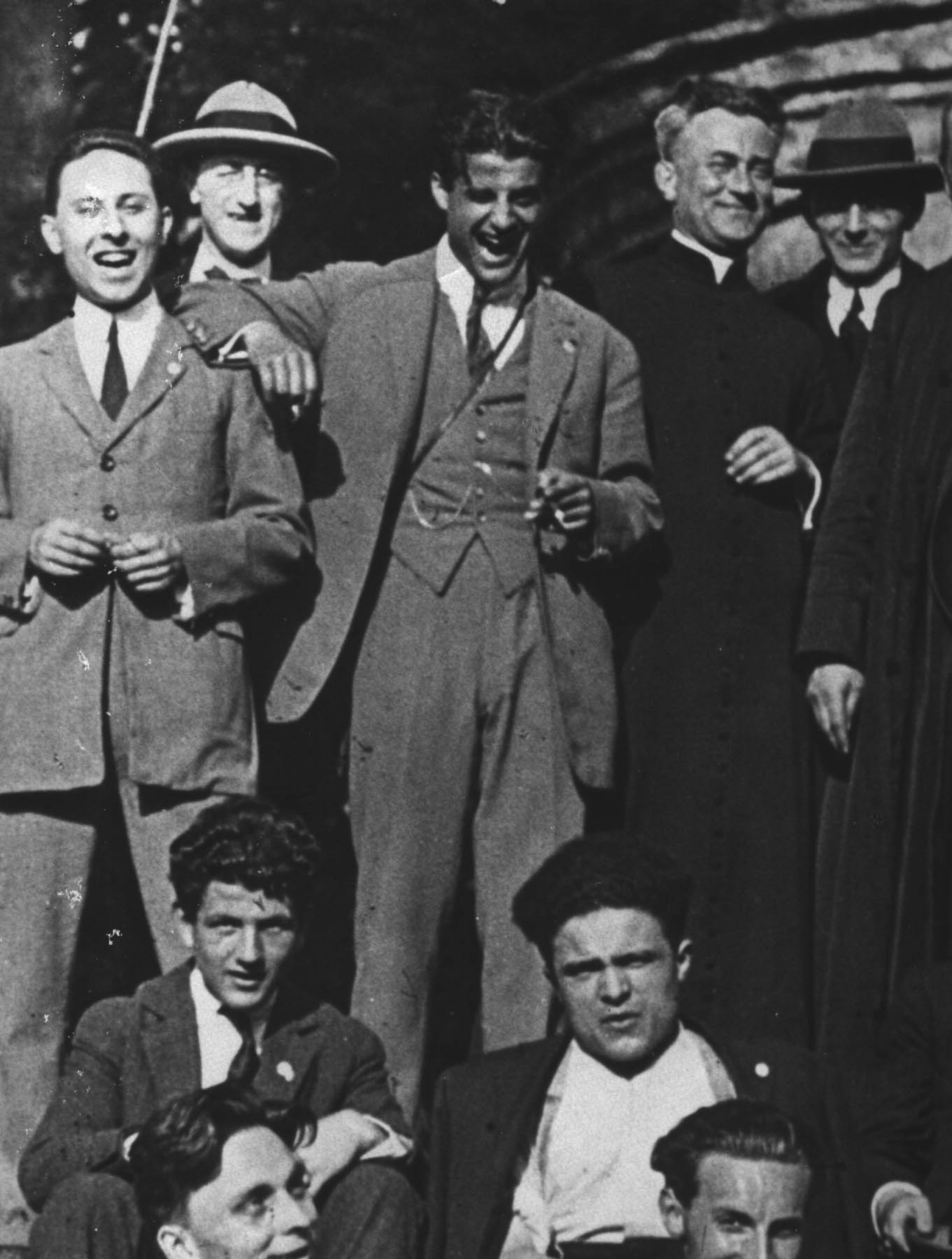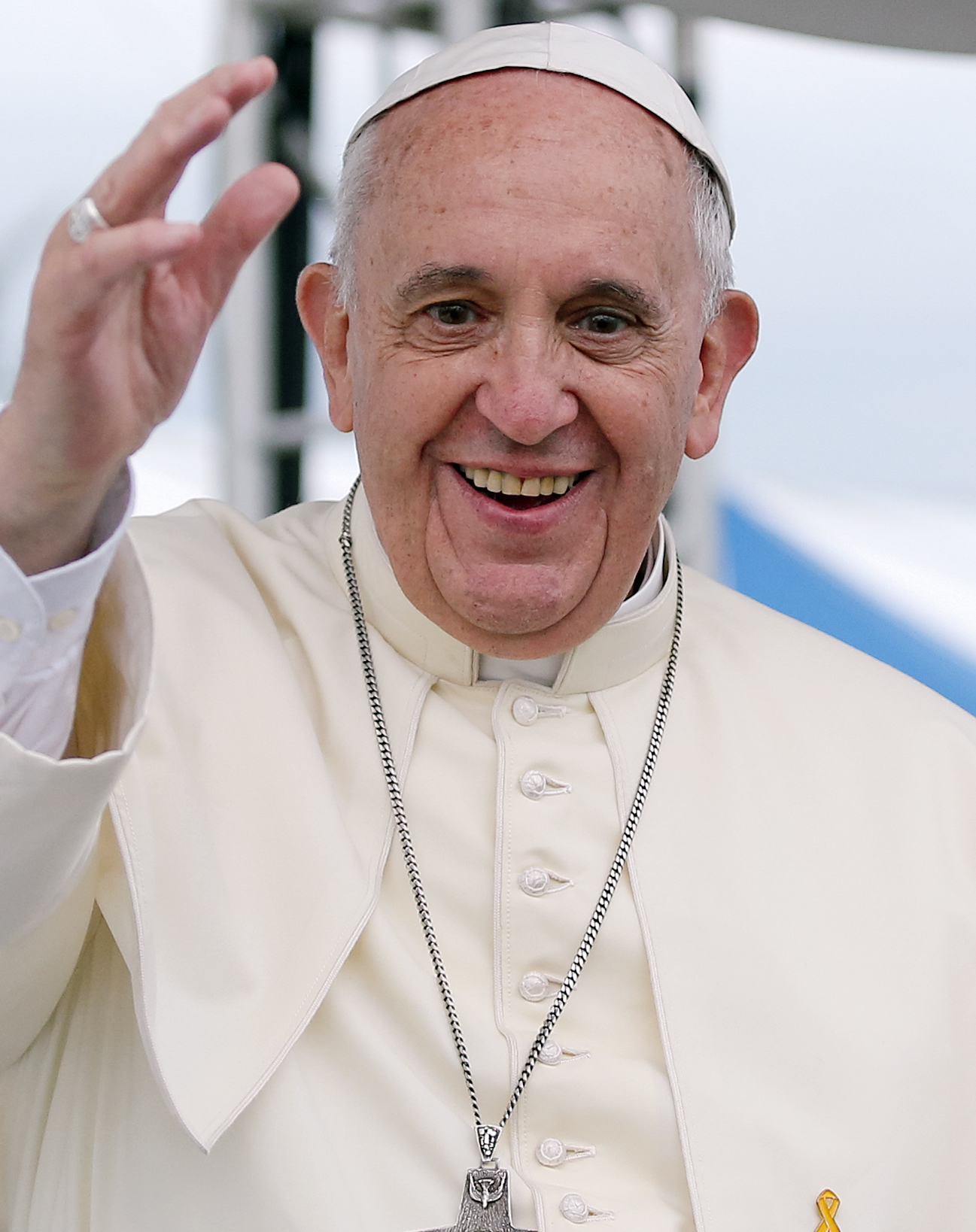
This may sound strange, I understand. But, for some reason, my ENTIRE LIFE, I have been asking myself the question every moment of every day, since I can remember, back into the single digits, “Am I ready?” I don’t know why I have asked myself this question. Even if it’s all not true, that is the definition of faith, it helped me lead a better life.

-by Rev Larry Richards
“YOU ARE GOING TO DIE!
It doesn’t matter how rich we are, or how popular we are, or how powerful we are: we are all going to “kick the bucket” one day. Isn’t that a nice thought?
What we have to do is take some time to sit and meditate about taking our last breath. What do you want your wife to say about you? What do you want your kids to say about you? Once you’ve decided, “Okay, when I am taking my last breath this is what I want”, you can start living your life with your end goal in mind. You will start living in such a way that when the day of your death happens, the people who know you will say what you want them to say.
Death is the ultimate thing that takes control out of our hands. Even if we commit suicide, we cannot control what happens after we die. Not one of us had control over our own birth and not one of us has control of what happens after we die.
I have been to a lot of deathbeds throughout my priesthood, so I know what it is going to be like when you are dying. While you are lying there, the thing that is going to be most important to you is your relationships—the people that you loved and the people that in return loved you.
Then why don’t we live every day with that in mind? Make the decision to never let your wife or your kids go to bed or walk out the door without telling them first that you love them—life is just too short! It will change your family. It will change the world.
You should underline John 15:12 in your Bible, where Jesus commands us, “Love one another as I have loved you.” This is not an option. He also said, “As the Father has loved me, so have I loved you” (Jn 15:9). Jesus told the people He loved that He loved them.
Why is it that men do not do that? Men are embarrassed. They are afraid. It makes them vulnerable. They think to be a man, you don’t go around telling the people you love that you love them; but Jesus told twelve men that He loved them. Then He told us to love others in the same way.
Let me give you a hint: you will never in your life regret that you told your wife and your kids and the people you love that you love them—never. You won’t be lying on your deathbed one day saying, “I can’t believe that I daily told my loved ones that I loved them. What is the matter with me?”
Now, how do you fall in love with someone? You know that you did not get to know your future wife by meeting her once and giving her forty five minutes to an hour once a week. You spent time with her. You got to know her. The same is true with our relationship with God. It might take you months—it might take you years—but you have to do it. You have to keep spending time with God until the answer to the question of whether or not you know God is unequivocally yes.
We need to know who our true Father is. There’s only one Father for everybody: God the Father! That guy you call your dad, he’s the instrument of fatherhood, but he’s not your true Father.
When we talk about our fathers—whether we had a good father, a bad father, a close and supportive father, or a distant and unsupportive father whom we did not know at all—it doesn’t matter as much because the reality is, we all have the same Father in heaven. It’s that Father Who will bring healing to us.
Husbands are called to love God primarily through their wives. Your wife is the sacrament of Christ to you. You are the sacrament of Christ to your wife. When she looks at you, she is supposed to see Jesus Christ. That is why Ephesians 5:22–24 is such a wonderful passage. It says, “Wives, be subject to your husbands, as to the Lord. For the husband is the head of the wife as Christ is the head of the Church, his body, and is himself its Savior. As the Church is subject to Christ, so let wives also be subject in everything to their husbands.” Many of us remember the translation that said that wives were to be “submissive to their husbands”. The problem is that many men just stop with their wives being “submissive”. The men love that part, which is why so many women go crazy.
I make this very explicit when I am preaching at a marriage ceremony. I start with the bride and I say, “Sweetheart, you read the Bible every day, don’t you?” At first I usually get a “Yes, Father”, and then I say kiddingly, “If you lie to a priest, you know, you go to hell.” Then she will usually quickly say, “Okay, no, Father.” Then I continue, “Well, there is a verse in Ephesians that says, ‘Wives, be submissive to your husbands, as to the Lord.’ ” And then I ask, “Do you think it means what it says?” And I always get an emphatic “No, Father!” Then I literally jump up and down and scream, “Yes, it means what it says!” When I say this, all the feminists in the crowd become very upset and say things like, “This is another reason I hate the Catholic Church.” And the bride thinks, “Why did we ever get this priest to marry us?” I love this!
Then, as anyone who knows me knows, I am an equal opportunity offender, so I turn to the groom, who usually likes all of this. Now it is time for the other shoe to fall. I then ask the groom, “You read the Bible every day, right?” He always responds, “No, Father.” Then I ask, “Well, do you know what it says in Ephesians after ‘Wives, be submissive to your husbands’?” The groom always shakes his head and says, “No.” Then I continue, “It says, ‘Husbands, love your wives, as Christ loved the Church and gave Himself up for her.’ ” Then I ask, “Do you know what that means?” I then continue kiddingly, “Your life is over!” Then I tell them that every day they need to be more concerned about each other than they are about themselves! That is what marriage is about!
So you need to start to do at least one unselfish act for your wife every day. Surprise her. When was the last time you treated her the same way you did when you were still trying to get her to marry you?
Next, let us focus on your children, which I think is easier because they are a part of you. Do we allow our children to be themselves? Some people think that the best father you can be is a strong disciplinarian. Absolutely, I agree. But just as much as you discipline your children, you must also build them up.
Sometimes we are just harsh and we think this is what God wants, but that isn’t the way God is. God loves us. He gives away His life for us. And then He always tells us He loves us. Correct?
One of the roles that men have, given to them by God (see Gen 3:16; 1 Cor 11:3; Eph 5:23), is to be the spiritual leaders of their families. Now this is where I have called men “spiritual wimps” for many years. Many men have let their wives be the spiritual leaders of their families, but this is not the way God created it to be. Now this does not mean that you are the master of your wife and family; it means, like Jesus Christ, you are the servant leader of your family.
First off, this means that you lead by example. You must be a man of prayer. For it is only as a son who listens to his heavenly Father that you can bring the will of the Father to your family. You cannot be a good and true leader unless you are a true and good follower. You must daily spend committed time in prayer with God, then lead your family in prayer. Do you have daily committed time with your family in prayer? And no, grace before meals is not enough!
You need to be the spiritual leader by being a man of sacrifice. You exist to give your life away for others, like Jesus did. That means you give your life for your family first and foremost.
My good friend Danny Abramowicz loves to tell men at men’s conferences: “Men, your kids will always love their mother, but they want to become just like you!” If we are not holy ourselves, then our families will not be holy. It is that simple. God is going to speak to men, women, and children, but He is speaking especially to men to help us be His very image.
You are the sacrament of Fatherhood to your children just like St. Joseph was the sacrament of Fatherhood to Jesus. Just as God used St. Joseph to form Jesus Christ in His humanity, so too does He want to use you to form your children. So I would encourage you before you read any further to stop and ask St. Joseph for his intercession for you so you can grow in holiness.
The Lord God of the universe is calling all of us to be great men, men that are examples of Him and who use Him as our example. We are called to become another Christ in this world. Our goal is to bring others to Him.
Do it and you will live forever.”
Love,
Matthew
Men are rediscovering the importance of the spiritual life. And Father Larry Richards is helping them do it. While some writers apply a one-size-fits-all approach to the Christian life, Father Richards draws on his many years of ministry and his own experience as a man to inspire other men as men.
In Be a Man!, he recounts his struggles to learn true manhood, as well as the inspiring stories of others he has served in his decades as a priest. He tells men how to focus on the right goal, how to live as a beloved son of God, of the need to acknowledge one’s faults and to live according to the Holy Spirit, to be a man of true love and of wisdom, to appreciate properly the differences between men and women, to pursue holiness, and to make a difference in the world. Not preachy but direct, Father Richards challenges men to be strong, without putting on a mask of false strength or machismo. He calls men to admit their weaknesses and limitations, while urging them to find strength in faith and genuine love to overcome their sins and faults.
Although a celibate priest, he minces no words when it comes to the place of sexuality–for the unmarried man as well as for the married man. He shows that true manliness is not opposed to love but thrives on it. Father Richards stresses that a relationship with Christ reveals the meaning of a man’s life and his identity as a man. He inspires men to become the true heroes they long to be–men of authentic courage, compassion and integrity. This is a highly readable book for men by a man who knows how to talk to men about the things that matter most.
“Father Larry talks straight to men in his own manly style. He pulls no spiritual punches–I don’t think he knows how to! He pokes, pushes, sometimes verbally slaps men into being God’s men, all with an obvious love for them and faith in their ability to persevere to heaven.” — Dr. Ray Guarendi, radio host and author
“Be a Man is a must-read for all men who are serious about strengthening their relationship with God. This exceptional book speaks clearly and directly, challenging men to live their faith with courage and conviction. Be a Man is a spiritual wake-up call that offers a refreshingly honest presentation of what it means to be a man of God. With a unique blend of humor, passion, and frankness that has become his trademark style, Fr. Larry Richards explores how a Christ-centered male spirituality fosters growth in holiness, and inspires men to become loving servants of their wives, families, and the Church.” — Deacon Harold Burke-Sivers, Aurem Cordis apostolate















